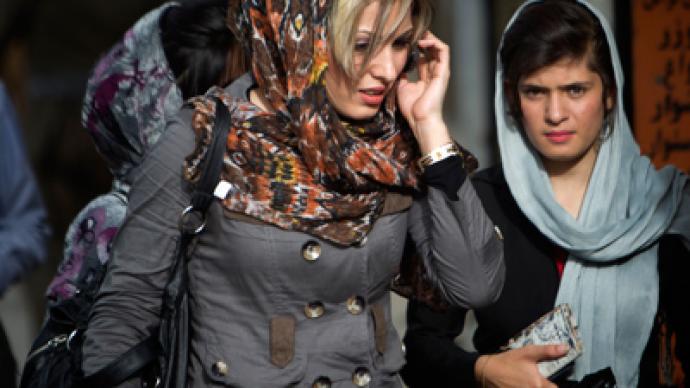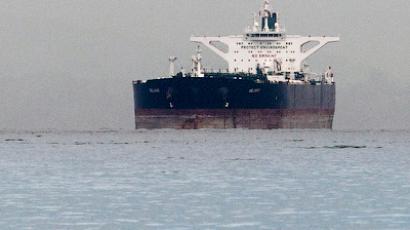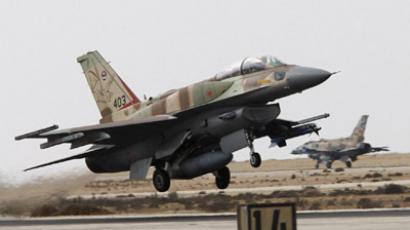China sells Iran hi-tech surveillance system defying US sanctions?

Iran’s largest telecom company has obtained a powerful surveillance system from a Chinese manufacturer. Despite the boycott from Western companies, Tehran will be able to monitor landline, mobile and Internet communications of potential dissidents.
The deal between the China-based ZTE Corporation and the Telecommunication Company of Iran (TCI) was signed back in December 2010. As Reuters says in its comprehensive report, the system was part of a $130.6 million contract for networking equipment supplied by ZTE.TCI is predominantly state-controlled and has a near monopoly on Iran’s landline telephone services, as well as having much of the country’s Internet traffic flowing through its network.The agreement has now acquired particular importance in view of the recent tightening of global sanctions against the Islamic republic. It demonstrates that Iran still has the means to obtain sophisticated technology, including systems that can potentially be used against anti-government organizations and individuals.Perhaps, the most intriguing implication of the ZTE-TCI deal is the backdoor route it provides Iran for obtaining American hi-tech products despite the US ban on non-humanitarian sales to Iran. The documentation pertaining to the deal lists hardware and software products from a number of renowned American companies, including Microsoft, Hewlett-Packard, Oracle, Cisco, Dell and others.ZTE, China's second largest telecommunications equipment manufacturer, is also a partner of a number of American firms. Some of these companies have denied any knowledge of the ZTE-TCI deal, while several have said in statements that they were launching internal investigations into the issue.A ZTE spokesman in China, Li Erjian, told Reuters his company only sells "standard communications and network” equipment to Iran, which is designed for commercial use “to help operators upgrade their network.” TCI officials in Tehran did not comment on the issue.Western countries say Iran may be trying to build a nuclear weapon under the guise of its civilian nuclear program. Tehran rejects these allegations. Some counties, including UN Security Council permanent members Russia and China – Iran’s largest trading partner – say no evidence of any such intention has been found and oppose economic sanctions against Iran.Western sanctions against Tehran do not specifically target the country’s telecommunications sector, focusing mainly on banking and the oil industry, as well as individuals and companies that are believed to be involved in Iran’s nuclear program. However, the industry’s future growth is expected to suffer, as international sanctions begin to impact on the country’s economy. This is according to a recent report by Pyramid Research, a US-based marketing consultant.In February, EU governments reached an agreement to target telecom equipment that could potentially be used by Iranian authorities to monitor anti-government activists, Reuters reports. However, no target date for implementing the ban has been agreed on.















